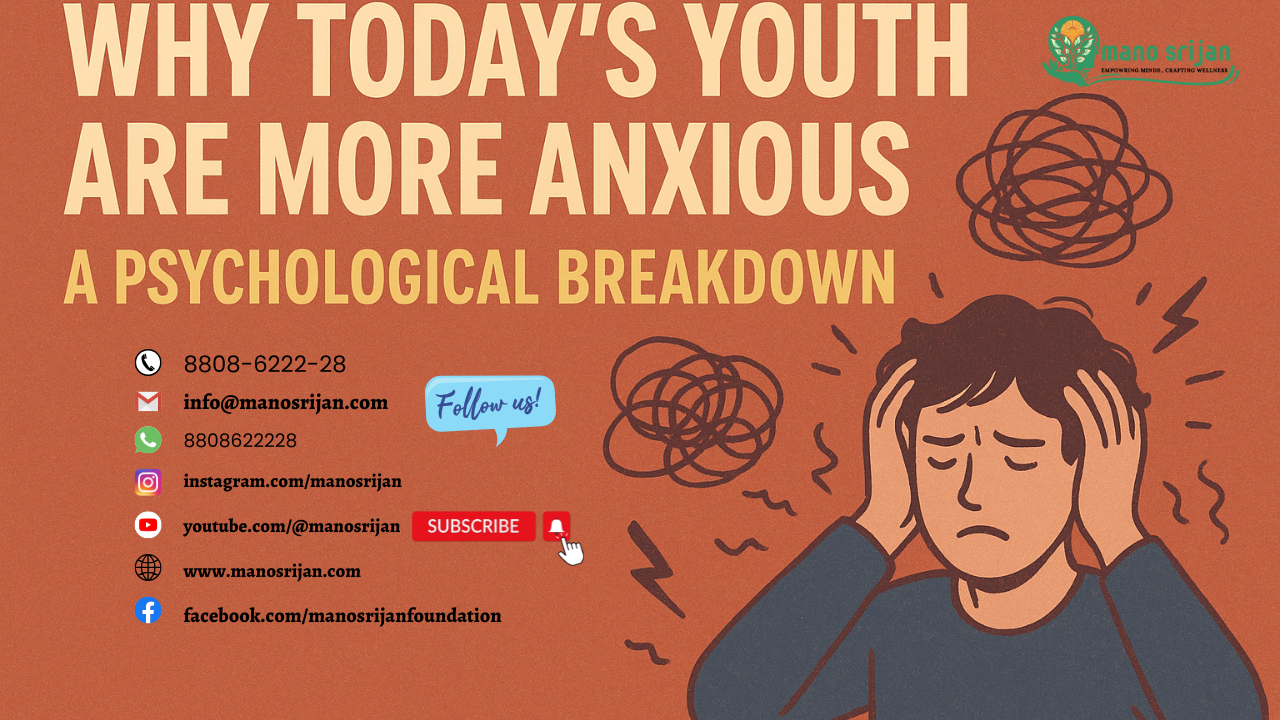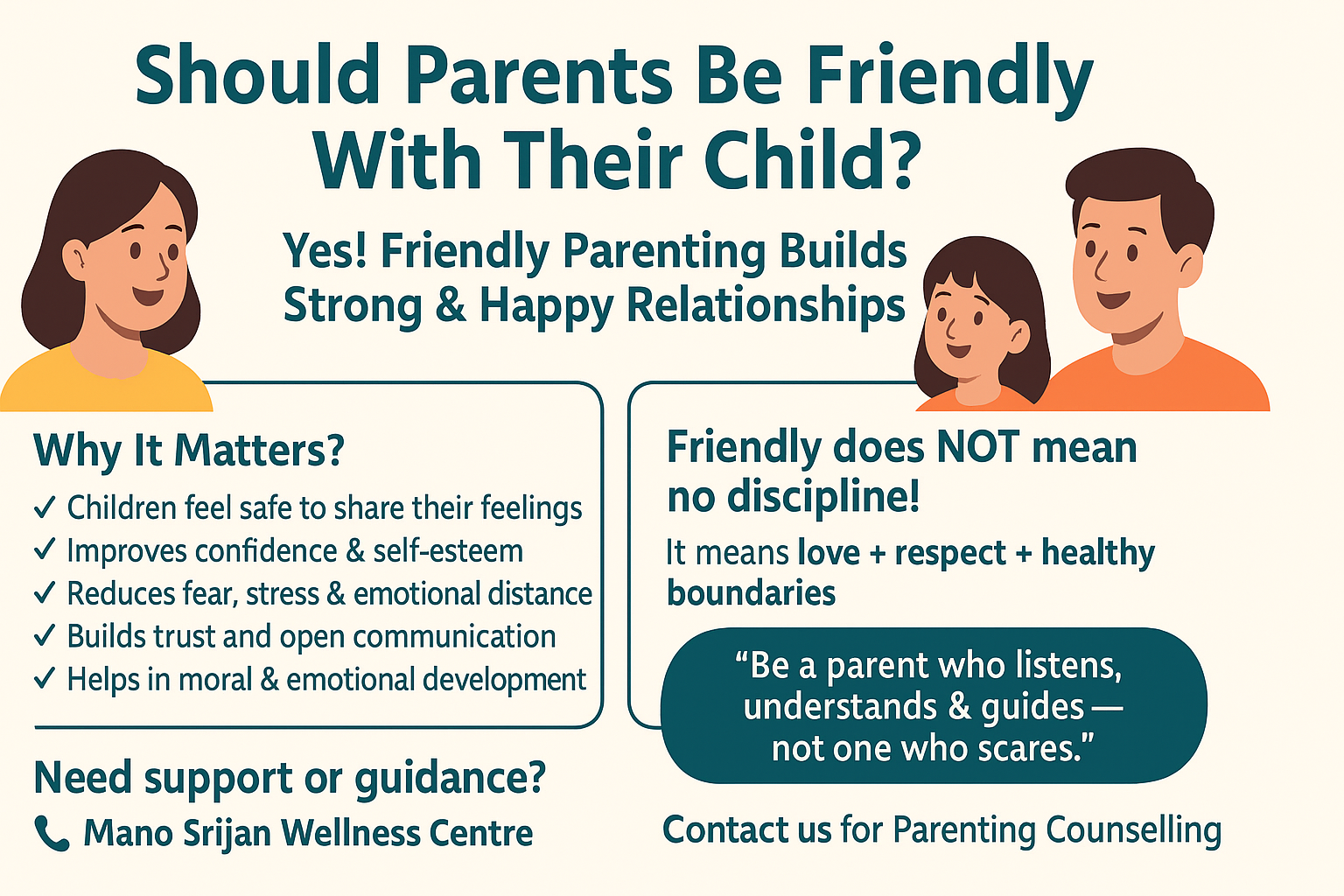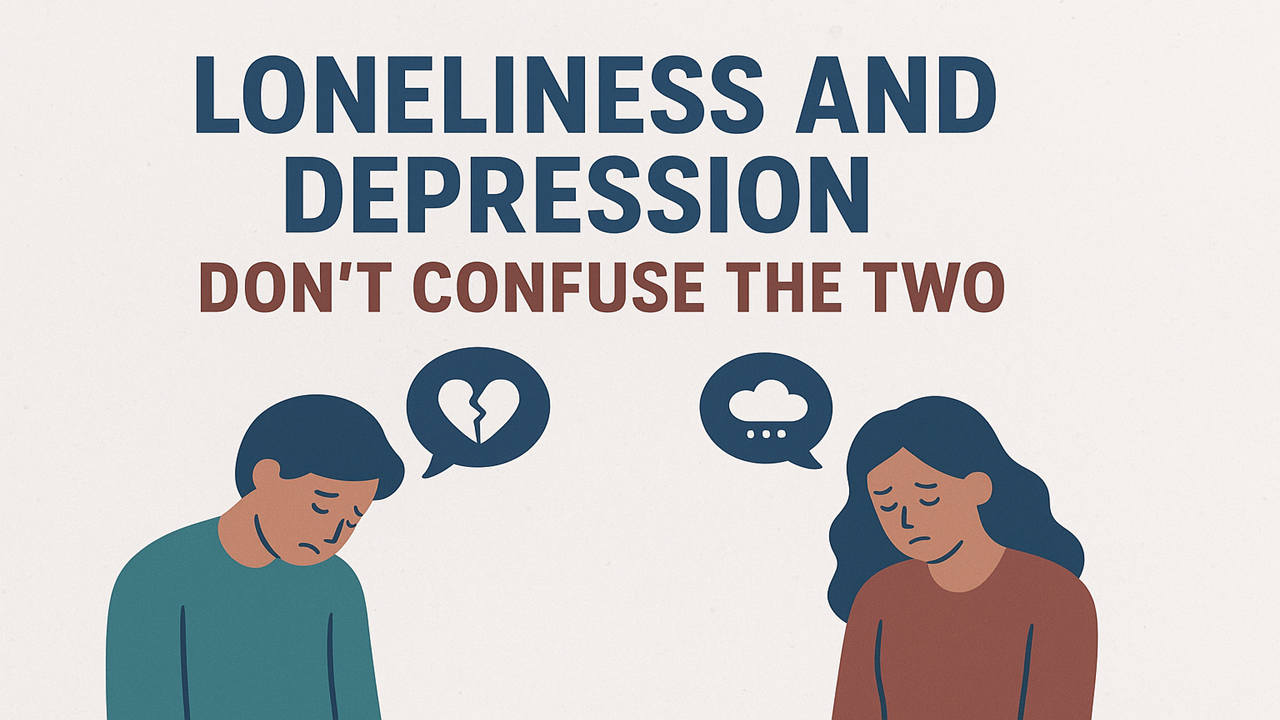
- 16 Jan 2025
- Psy. Ashish Pandey
Benching in Relationships What It Means and How to Handle It
In the world of modern dating, new terms often emerge to
describe the nuanced behaviors people exhibit in their romantic pursuits. One
such term is "benching"—a concept that many have experienced
but may not have been able to name. Benching, in the context of relationships,
refers to the act of keeping someone on the sidelines as a romantic backup
while the person doing the benching explores other options or remains
indecisive about commitment.
This behavior can be subtle, often masquerading as casual
interest or an attempt to “take things slow.” However, its emotional impact on
the person being benched can be significant. Let’s explore the dynamics of
benching, its signs, effects, and how to navigate it.
What Is Benching?
Benching occurs when someone shows just enough interest to
keep the other person engaged without progressing the relationship. Like a
sports player benched during a game, the person being benched is
sidelined—neither fully in the game nor completely out of it.
The “bencher” might text sporadically, make vague plans that
rarely materialize, or give just enough attention to maintain the other
person’s interest. This tactic often stems from uncertainty, fear of
commitment, or a desire to keep multiple romantic options open.
Signs You’re Being Benched
Recognizing benching can be tricky, as the behavior may
appear unintentional or even considerate at first. Here are some common signs:
- Inconsistent
Communication: The person reaches out occasionally but doesn’t
maintain consistent engagement. You might go days or weeks without hearing
from them.
- Vague
Plans: They often suggest meeting up but rarely follow through with
concrete plans.
- Lack
of Depth in Conversations: Interactions may feel surface-level, with
little effort to connect emotionally or build intimacy.
- You’re
Not a Priority: They only contact you when it’s convenient for them,
and your needs often take a backseat.
- Mixed
Signals: One moment, they seem interested; the next, they pull away,
leaving you confused.
Why Do People Bench Others?
There are several reasons why someone might bench a romantic
interest:
- Fear
of Commitment: They may not be ready for a serious relationship but
don’t want to lose the possibility of one in the future.
- Exploring
Options: They might be dating multiple people and unsure of who to
pursue seriously.
- Emotional
Immaturity: Some people lack the emotional maturity to be honest about
their intentions or feelings.
- Self-Esteem
Boost: Keeping someone interested can provide validation and boost
their ego.
The Emotional Impact of Being Benched
Being benched can take a toll on your emotional well-being.
It often leaves the benched individual feeling undervalued, confused, and
frustrated. The inconsistency can lead to self-doubt, as you may question your
worth or wonder what you did wrong.
Over time, this emotional limbo can erode your confidence
and make it difficult to trust future partners.
How to Handle Benching
If you suspect you’re being benched, it’s essential to take
proactive steps to protect your emotional health and regain clarity. Here’s
what you can do:
- Communicate
Clearly: Have an honest conversation about the relationship and your
expectations. Ask them to clarify their intentions.
- Set
Boundaries: If their behavior doesn’t align with your needs, set firm
boundaries. Let them know what you will and won’t tolerate.
- Evaluate
the Relationship: Reflect on whether this relationship is meeting your
emotional needs. If it’s causing more harm than good, it might be time to
walk away.
- Focus
on Yourself: Shift your energy toward self-care and personal growth.
Pursue hobbies, spend time with loved ones, and invest in your happiness.
- Know
Your Worth: Remember that you deserve someone who values and
prioritizes you. Don’t settle for being someone’s backup plan.
Benching in relationships is a behavior that reflects more
about the bencher’s insecurities and indecision than it does about the person
being benched. While it’s natural to feel hurt or confused in such situations,
it’s crucial to prioritize your emotional health and seek connections built on
mutual respect and commitment.
The key to overcoming benching is recognizing it for what it
is, setting boundaries, and choosing relationships that align with your values
and aspirations. You deserve to be a priority, not an option—and there’s no
shame in walking away to find a love that truly fulfills you






